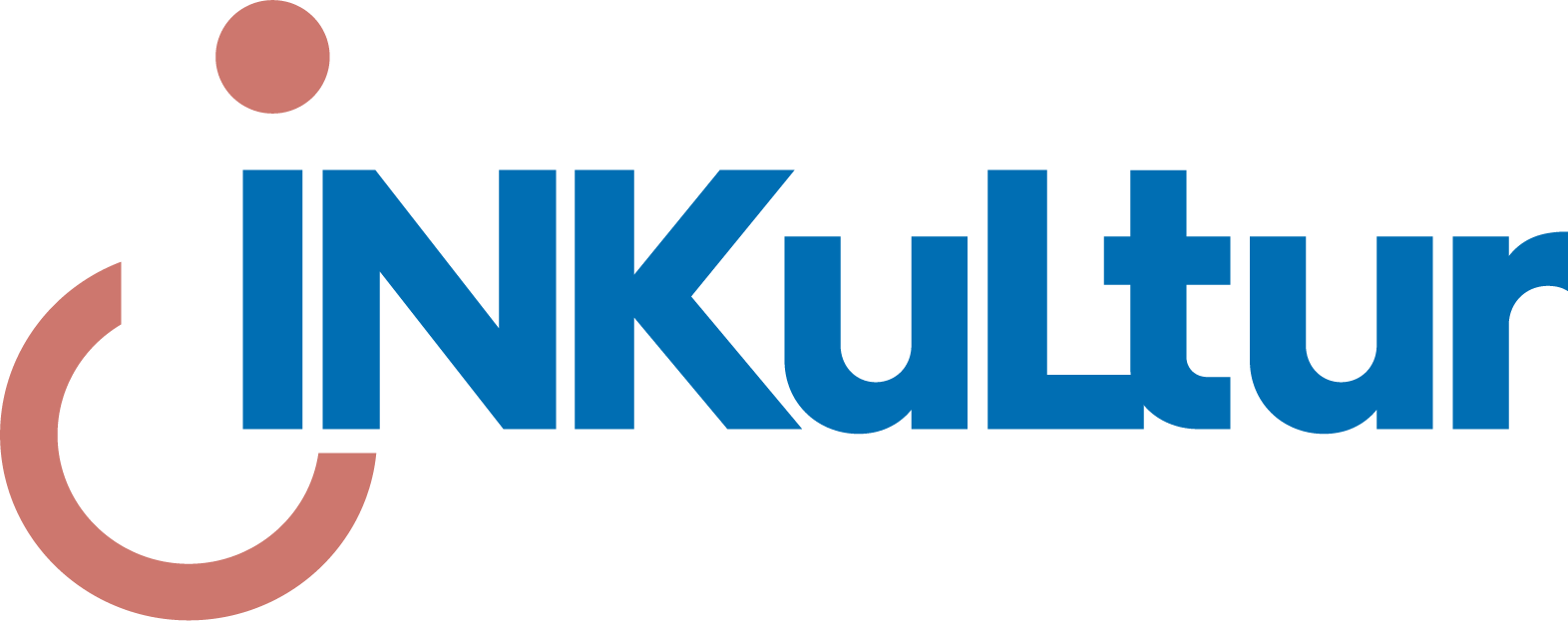Inclusiveness at the Berlin State Library
Books have been a staple of human history. The exact origins of written language are unclear, but what is certain is that books are an indispensable part of human life, even for those who aren’t avid readers. Consequently, libraries, as cultural cornerstones, must be fully accessible to people with disabilities. But how inclusive and accessible are German libraries? The Berlin State Library serves as an excellent example to explore this question.
Owned by the Prussian Cultural Heritage Foundation, the Berlin State Library stands as Germany’s most comprehensive research library. It spent a considerable time housed in a building affectionately dubbed a “dresser” by Berliners, now the home of Humboldt University’s Faculty of Law. In 1913–1914, the library, then known as the Royal Library, relocated to a new site at Unter den Linden 8, which remains one of its two primary locations. Additionally, in 1978, it expanded to include a building on Potsdamer Strasse, constructed between 1967 and 1978. Currently, the library is undergoing a renovation that started in 2006.
The Berlin State Library’s accessibility information is available on its website, https://staatsbibliothek-berlin.de/, in both German and English. Surprisingly, the site lacks informational videos in German sign language and audio descriptions for the visually impaired. Nevertheless, the details regarding accessibility at both the Potsdamer Strasse and Unter den Linden 8 locations are presented clearly and understandably. While both buildings offer only partial barrier-free access, ongoing construction at the Potsdamer Strasse site may limit access in the future. The website suggests contacting staff in advance or using the provided communication channels for more information before visiting.
Notably, people accompanying those with severe disabilities, identified with a B mark in their disability passports, don’t need to register for reading room access. Service dogs are also welcome, provided they have valid identification or certification. Detailed information is available on the website about navigating both premises for those requiring mobility aids and about the level of accessibility in each building for the visually impaired.
It’s commendable that the website transparently communicates existing accessibility limitations, enabling potential visitors to make informed decisions about their visit. Ideally, all cultural institutions, especially in Ukraine, should provide transparent information about accessibility challenges on their premises and work towards improving these conditions.

Photo: Staatsbibliothek zu Berlin – PK
This publication is part of the joint project „INKuLtur – For Inclusion and Participation in Cultural Life“ implemented in Ukraine by the Ukrainian Step by Step Foundation and Dialogue for Understanding e.V. (D4U) funded by the German Federal Foreign Office.
„The D4U e.V. is responsible for the content of this publication. It does not necessarily reflect the views of the Federal Foreign Office.”








